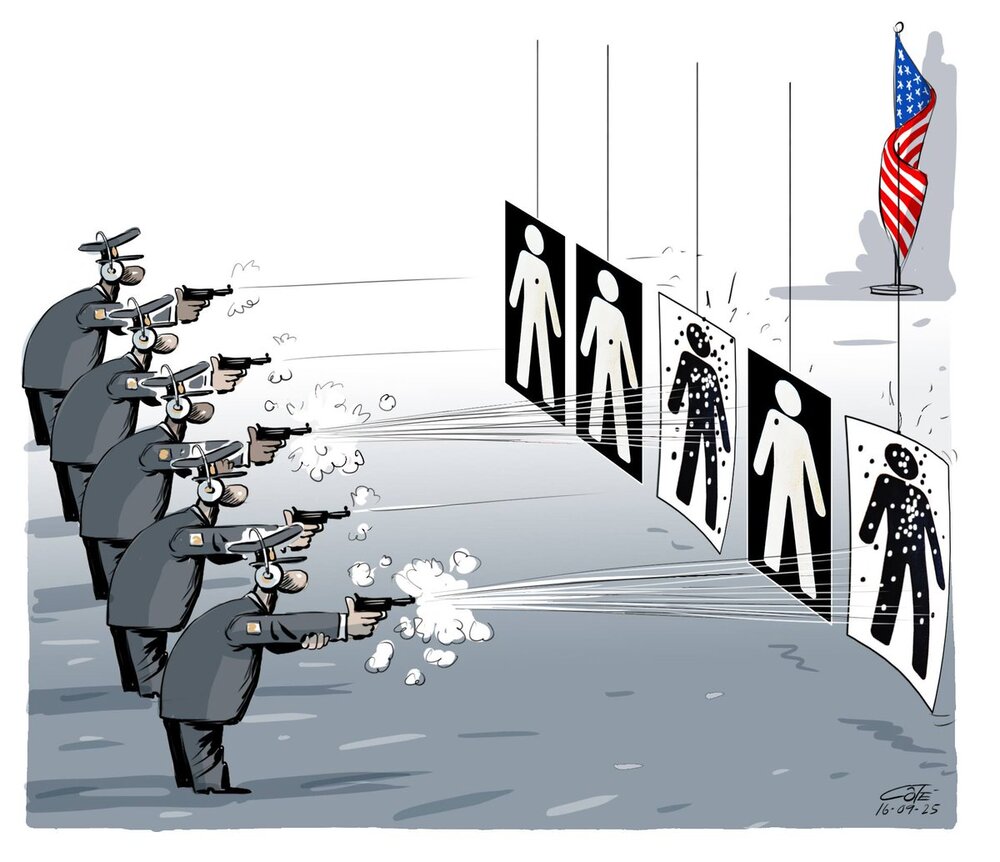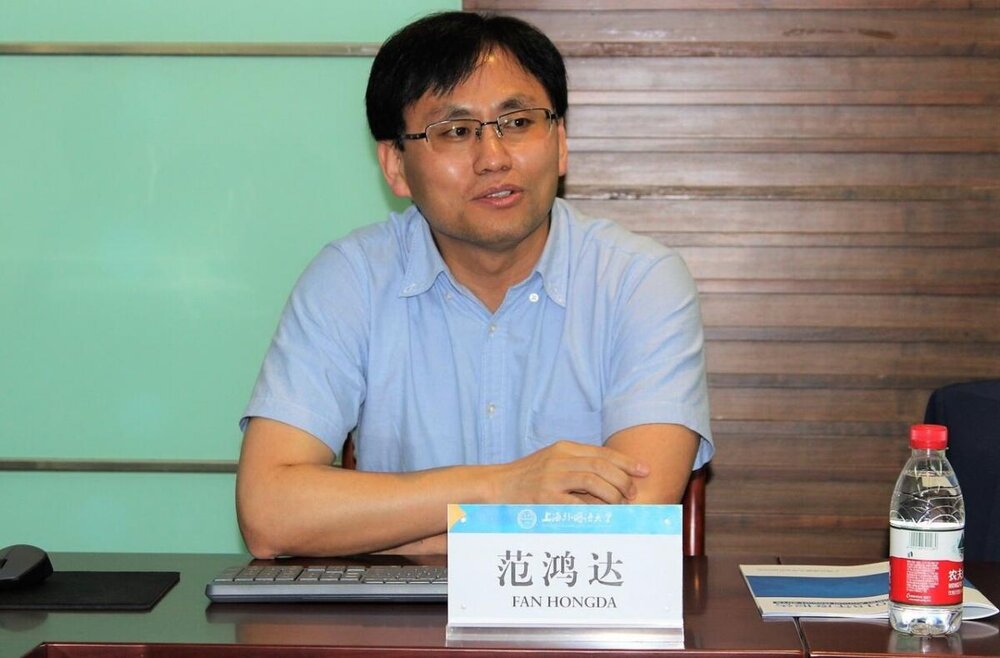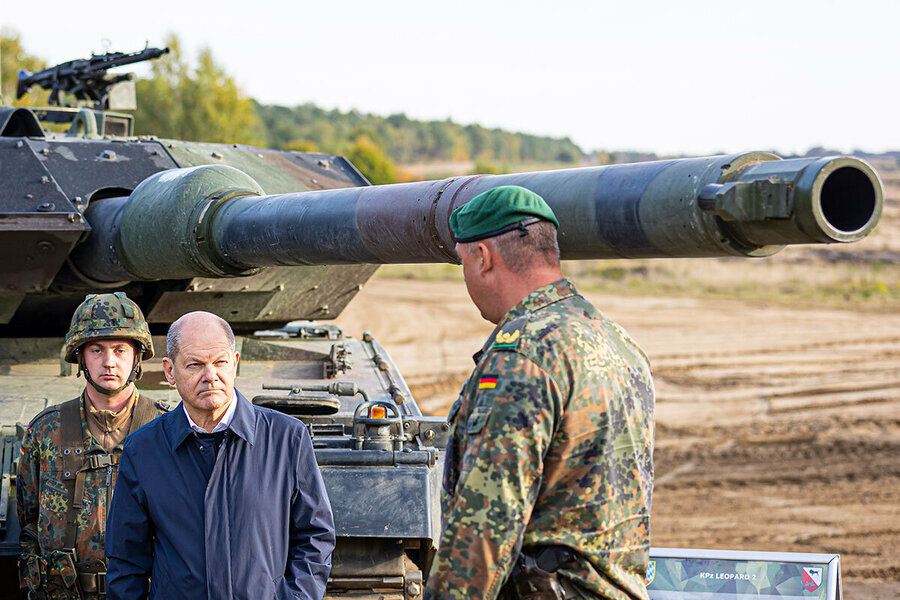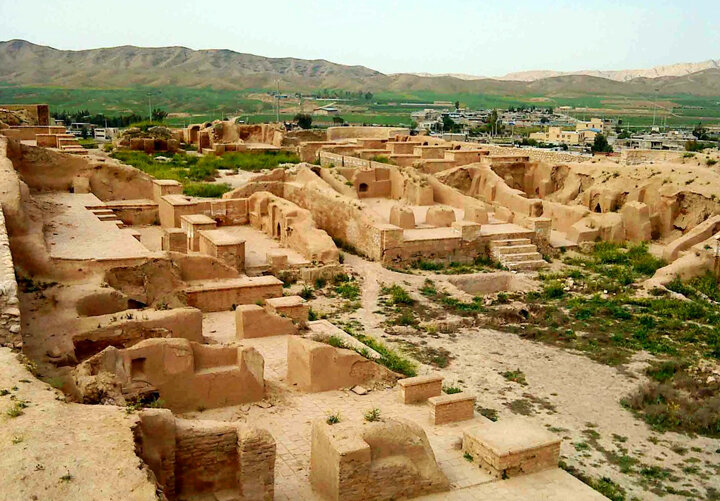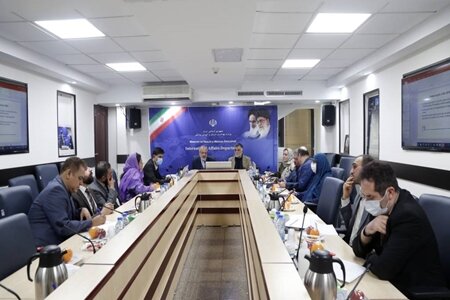TEHRAN- A controversial U.S. special policing force unit has been disbanded as angry protests continue after officers brutally murdered another innocent black American.
Among the five officers who killed Tyre Nichols over an alleged traffic violation, some had been members of the Scorpion, a faction of the country’s specialized policing units.
Steve Mulroy, the District Attorney for Shelby County, Tennessee, confirmed on Thursday that the "Scorpion unit (which has now been permanently deactivated)
was involved."
The Scorpion unit in Memphis, where Nichols was assaulted by police, was established to reduce violent crime, but the attorney for the Nichols family said it and other specialized police units across the U.S. target the "most vulnerable" and should be disbanded.
A former member of the unit told American media that police officers appointed to the force enjoyed the powers to "do what they can to arrest people."
"These are suppression units," he said. "And what they do is they wind up oppressing the people that we care about the most – our children, our young sons and daughters who are Black and brown."
Following a record number of homicides in 2021 for a second consecutive year in the southwestern Tennessee city of Memphis, the Police Department established the Scorpion Unit to tackle the rising murder rate.
But Chelsea Glass, a community organizer in Memphis who is an advocate for criminal justice reform, described Scorpion as a street crime-fighting team relying on traffic stops for excuses to find violent criminals and weapons.
"They harass everyday residents, and they're calling this high-level policing," he said.
"But it's really just stop-and-frisk on wheels. It doesn't matter what name you slap on it."
The acronym stands for the Street Crimes Operation to Restore Peace In Our Neighborhoods. Yet these so-called specialized police units were responsible for the assault on Nichols during a traffic stop.
And these are the same specialized police units in the U.S. that are supposed to reduce crime, not increase it.
The Reverend Al Sharpton pointed out that if these units were set up to combat violent crimes, "Why are you dealing with an alleged traffic violation in the first place?"
Under heavy public pressure and anger, the chief of police Cerelyn Davis, described the officer’s attack on Nichols as "heinous, reckless and inhumane", and later announced after "listening intently" to Nichols' relatives, community leaders and uninvolved officers, she felt "it is in the best interest of all to permanently deactivate the Scorpion unit."
Mark LeSure is a former high-ranking official with the Memphis police and says he had witnessed a large number of inexperienced officers being put on specialized units with other members of the force quitting.
He says that these specialized units do not have enough senior staff members training the new members.
LeSure added that his former colleagues who were still at the department before its breakup had told him that the Scorpion unit was known for having a "zero tolerance" policy - which he said meant the officers "do what they can to arrest people".
Police initially said Nichols had been stopped for reckless driving on 7 January and that a "confrontation" occurred in an effort to detain him.
But officials are now saying that following a review of the murder incident, they cannot "substantiate" the reckless driving claim.
A protest has been organized by the Justice for Tyre ROC Coalition. The coalition is advocating for a systemic change in policing across the country, saying that Nichols is the new Daniel Prude.
“Unnecessary. It was unnecessary. For someone to be beaten up like that with no cause? Unnecessary,” Rochester resident Reginald Jones said. “If someone is doing a crime, there is still no reason for them to be beaten like that. There is a reason why we have a judicial system […] Now, the trust in the community that we’re trying to build, it’s gonna make it that more fractured now."
Demonstrators said that a candlelight vigil would be held on Wednesday for Nichols at MLK Park.
Angry protests have also been taking place in at least nine cities across the U.S., including Memphis. Thousands of people marched on Sunday in Oakland.
"I think we're looking at some of the old days' protests. I think we're expecting several thousand folks on the street," said Cat Brooks, executive director of the Anti-Police Terror Project.
"I know Black people are tired, but I think white folks who are allies too are like this is too much. It's too much. And it's gotta stop … The issue is about a culture in the police departments of this nation." Brooks said.
Angry crowds have also gathered outside a Memphis Police Department precinct.
Protestors also staged a rally in Oakland, California, on Sunday night to rally for the end of police brutality and march for Nichols.
Numerous community members and advocates spoke during the rally, which was organized by the Anti Police-Terror Project.
Nichols died three days after a traffic stop, in which police beat him in what has been described as a savage attack.
It is the latest case in a long list of deadly police brutality against black Americans.
The disturbing footage of the arrest is a sickening indictment of the U.S. police brutality.
The victim in the shocking police bodycam footage appears to be the only person trying to calm the situation, as police officers quickly escalate the situation to extreme violence.
News media analysis of the footage show police officers had issued a wave of commands that were confusing, conflicting, and sometimes even impossible to obey by Nichols or anyone else for that matter.
According to an analysis by the Times, when Nichols could not comply — and even when he managed to — the officers responded with more force against him.
A review of the available footage found that officers shouted at least 71 commands during the roughly 13-minute period before they reported over the radio that he was officially in custody.
Worse yet, Tyre received no treatment until an ambulance arrived after more than 20 minutes.
With his condition worsening, he slumped sideways to the ground. This was a man dying under police watch, and yet, all the officers around him just stood by and did nothing.
Instead, one of the police officers who inflicted the fatal injuries is heard celebrating and others can be seen fist bumping each other.
For decades, police brutality against the black American community has been under severe scrutiny.
The murder of George Floyd led to nationwide and international protests after a white officer pinned Floyd to the ground with his knee on the victim's neck for 9 minutes and 29 seconds,
Floyd had been accused of allegedly passing a counterfeit $20 bill at a convenience store.
Nichols allegedly violated a traffic stop.
These are not crimes that deserve a death, unless you are black and residing in the United States of America.
But critics say only cases that are captured on camera or published under pressure from police body cameras attract media attention. They argue that many deadly incidents because of police brutality against black Americans pass without any awareness.
Nichols was ruthlessly punched, kicked, tasered, beaten with a baton, and had pepper spray used on him during the violent arrest by the same force that are supposed to have been protecting him.
That night in Memphis that led to his death feels like the city has not moved on from the 1960’s, when racism and treatment of black Americans as second-class citizens supposedly ended.
Lawyers for Tyre's family say it reflects a police culture embedded in racism and the abuse of power. The problem lies in a learned expectation of immunity and impunity that the police forces enjoy.
The father-of-one died three days after his brutal ordeal.
TAGS

